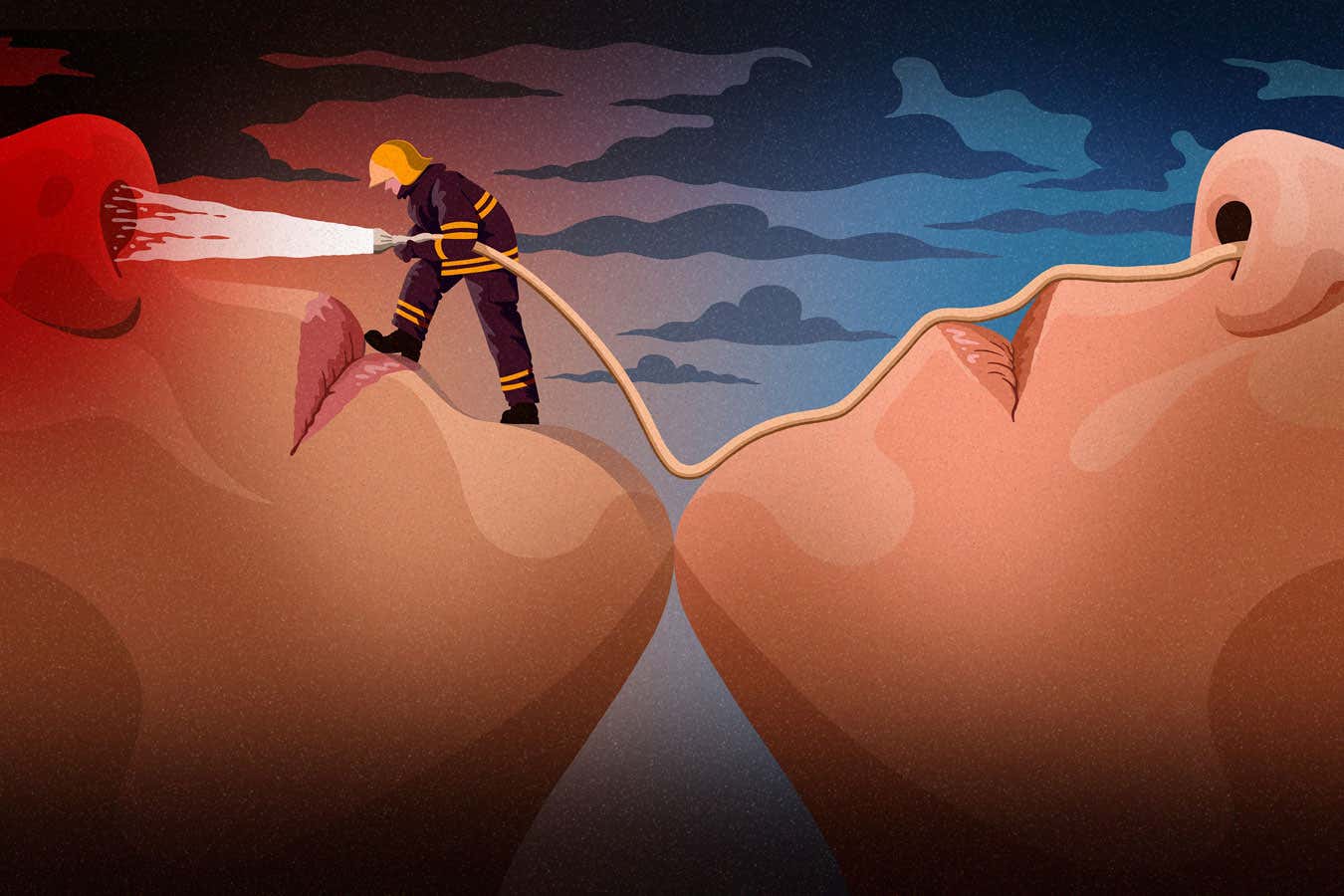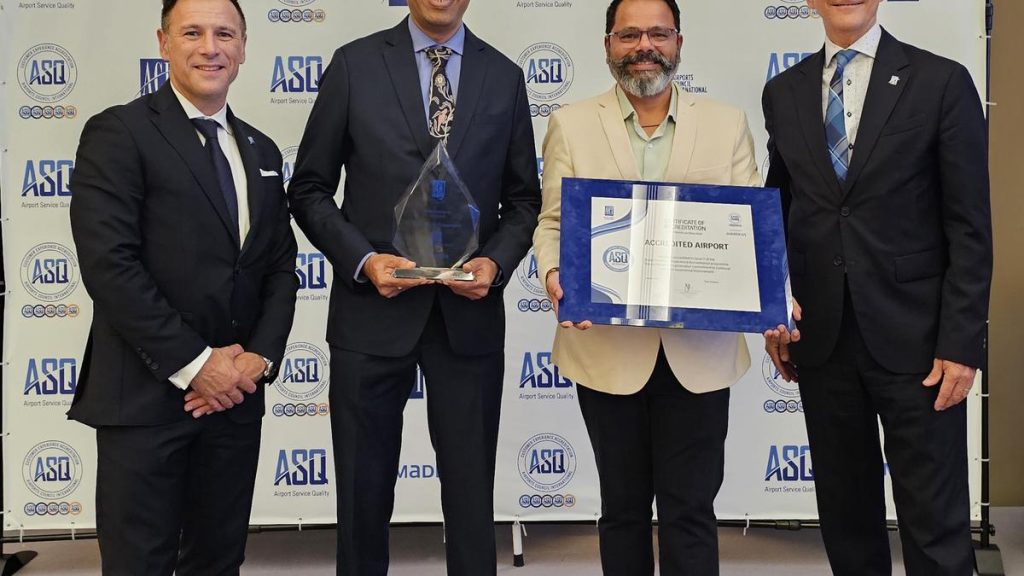Now Reading: New Treatment Offers Hope for Chronic Sinus Infection Relief
-
01
New Treatment Offers Hope for Chronic Sinus Infection Relief
New Treatment Offers Hope for Chronic Sinus Infection Relief

Rapid Summary:
- Chronic Rhinosinusitis (CRS): A persistent inflammation of the nasal lining and sinuses, affecting approximately 10% of people globally. Symptoms include blocked nose, loss of smell, facial pain, fatigue, and snot discharge.
- Impact: CRS substantially diminishes quality of life; patients report work/school absences averaging 20 days annually.It also has links to depression and systemic inflammation comparable to chronic heart disease.
- Causes: CRS may arise due to genetic factors, allergies, pollutants, viral infections or acute sinusitis. There is an association with asthma-25% CRS sufferers have it.
- current Treatments: Steroids and saline rinses offer relief but don’t cure.Surgery provides temporary respite but often needs repetition. Monoclonal antibodies benefit specific subtypes only briefly.
- New Approach – Sinonasal Microbial Transfer (Snot Transplant): emerging studies show transferring mucus from healthy donors alleviates symptoms by restoring microbiome balance in recipients’ sinuses. Pilot trials delivered promising results for many participants.
Indian Opinion Analysis:
India has a large population living with respiratory and allergic conditions exacerbated by pollution levels in cities-a potential contributing factor to Chronic Rhinosinusitis prevalence locally. The emerging “snot transplant” treatments leveraging microbiome science may offer hope for hundreds of thousands suffering from untreated or misdiagnosed CRS within India’s complex medical system.
This approach underlines the importance of exploring microbiome-based medicine beyond gut health-for which awareness is still growing here-to address chronic diseases where conventional treatments fail. However,India’s capacity for clinical trials involving microbial transfers must improve alongside investment in research infrastructure that can innovate on adapting such treatments safely given its dense urban demography prone to viral infections.
The broader implications also signal necessities like tackling pollution control measures as indirect yet non-negligible factors fuelling respiratory burdens that trigger or exacerbate diseases like CRS across generations-particularly amongst middle-aged groups documented globally as its prime sufferers.























